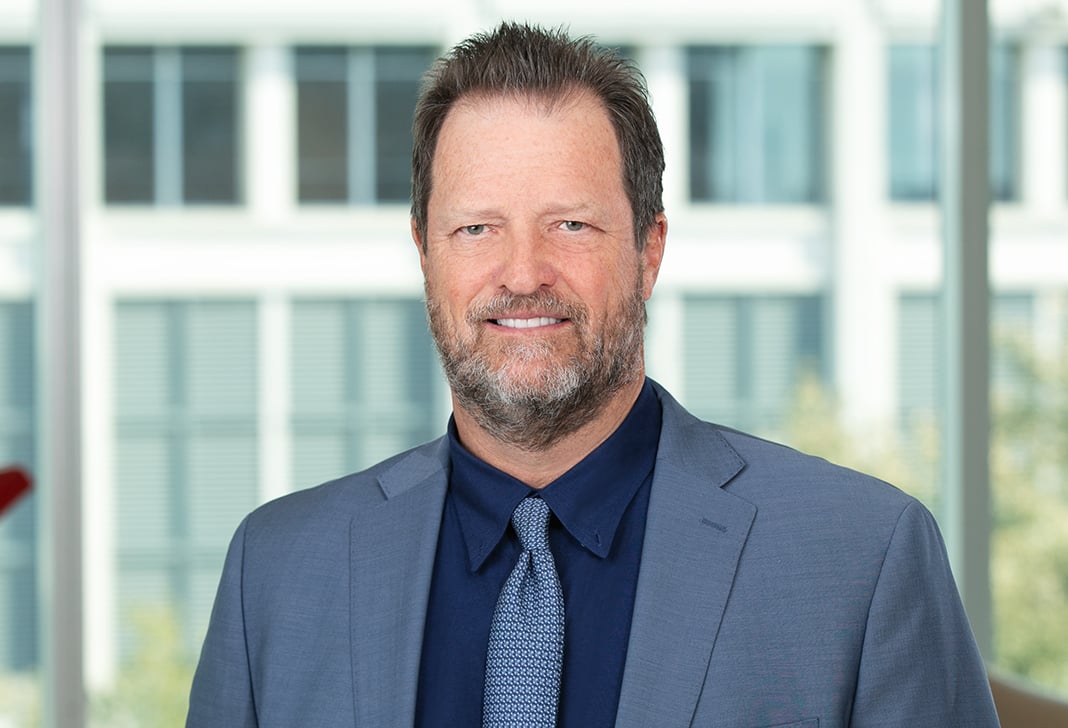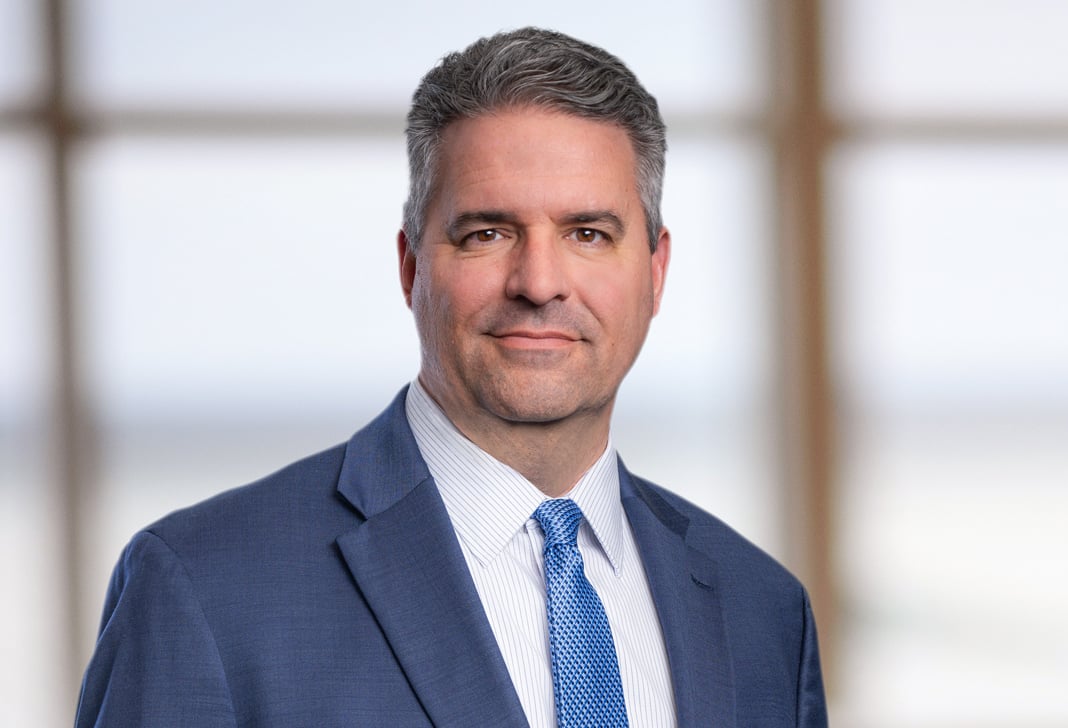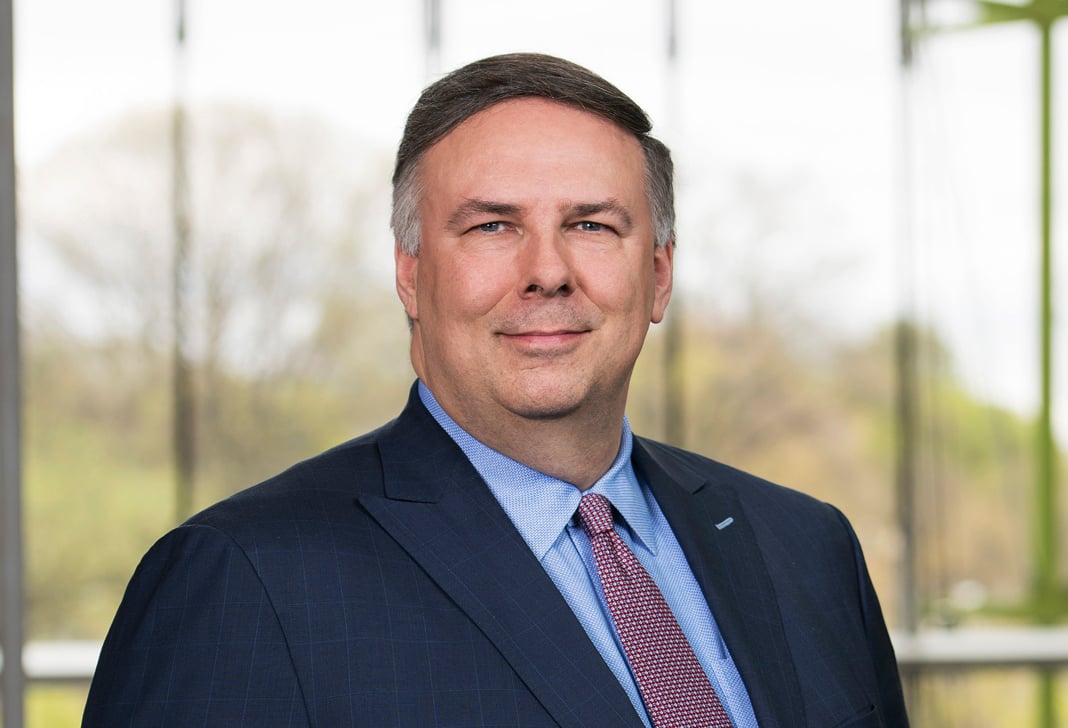
Federal Circuit Creates Patent Agent Privilege
On March 7, 2016, the Federal Circuit clarified a long-standing ambiguity in the law of privilege between patent agents and their clients, holding that an independent patent agent privilege should be recognized. See In Re: Queen's University At Kingston, PARTEQ Research And Development Innovations, 2015-145 (Fed. Cir. March 7, 2016). The Federal Circuit's decision could have a significant impact on the procedures for in-house patent agents and counsel. But those utilizing patent agents should be mindful that the privilege protects only a limited scope of activities.
The Case
Queens University at Kingston and PARTEQ ("Queens University") sued Samsung Electronics Co. ("Samsung") in the Eastern District of Texas for patent infringement. Throughout fact discovery, Queens University refused to produce certain documents relating to communications with its patent agent concerning the prosecution of the patents-in-suit on the grounds that such documents were privileged. The district court granted Samsung's motion to compel the production of the patent agent communications, holding that the documents were not protected by the attorney client privilege and that a separate patent agent privilege does not exist. Queens University petitioned the Federal Circuit for a writ of mandamus directing the district court to withdraw its order compelling production.
In granting the petition for writ of mandamus, the majority analyzed Rule 501 of the Federal Rules of Evidence, determining that it authorizes federal courts to define new privileges by interpreting "common law principles." Under Rule 501, the Federal Circuit reasoned that the unique roles of patent agents, the congressional recognition of their authority to act, the U.S. Supreme Court's characterization of their activities as the practice of law, and the current realities of patent litigation counsel in favor of recognizing an independent patent agent privilege.
The majority put particular weight on the Supreme Court's holding in Sperry v. State of Florida ex rel. Florida Bar, 373 U.S. 379 (1963), that "the preparation and prosecution of patent applications for others constitutes the practice of law" as well as the history of Congress permitting patent agents to practice before the United States Patent and Trademark Office. Based on its analysis, the majority concluded that "[a] client has a reasonable expectation that all communications relating to obtaining legal advice on patentability and legal services in preparing a patent application will be kept privileged…. Whether those communications are directed to an attorney or his or her legally equivalent patent agent should be of no moment."
The majority noted that there are some important limitations to the patent agent privilege as it applies only to documents and communications that are reasonably necessary and incident to a patent agent's permitted practice before the USPTO. Specifically excluded from these permitted tasks are opinions on validity of patents not being prosecuted, the sale or purchase of patents, and infringement.
Judge Reyna dissented, questioning the court's role in creating the privilege. The dissent argues that Congress or the USPTO are better suited to address whether a patent agent privilege should be created, but as the majority argues, Congress empowered the federal courts to determine issues of privilege in the Rules Enabling Act of 1934.
Key Takeaway
The Federal Circuit's holding expands the law of privilege as it relates to patent agents. In light of this holding, assuming it is not overturned on en banc review, in-house counsel might be able to more easily allocate resources without having to worry about waiving privilege in a future litigation.





